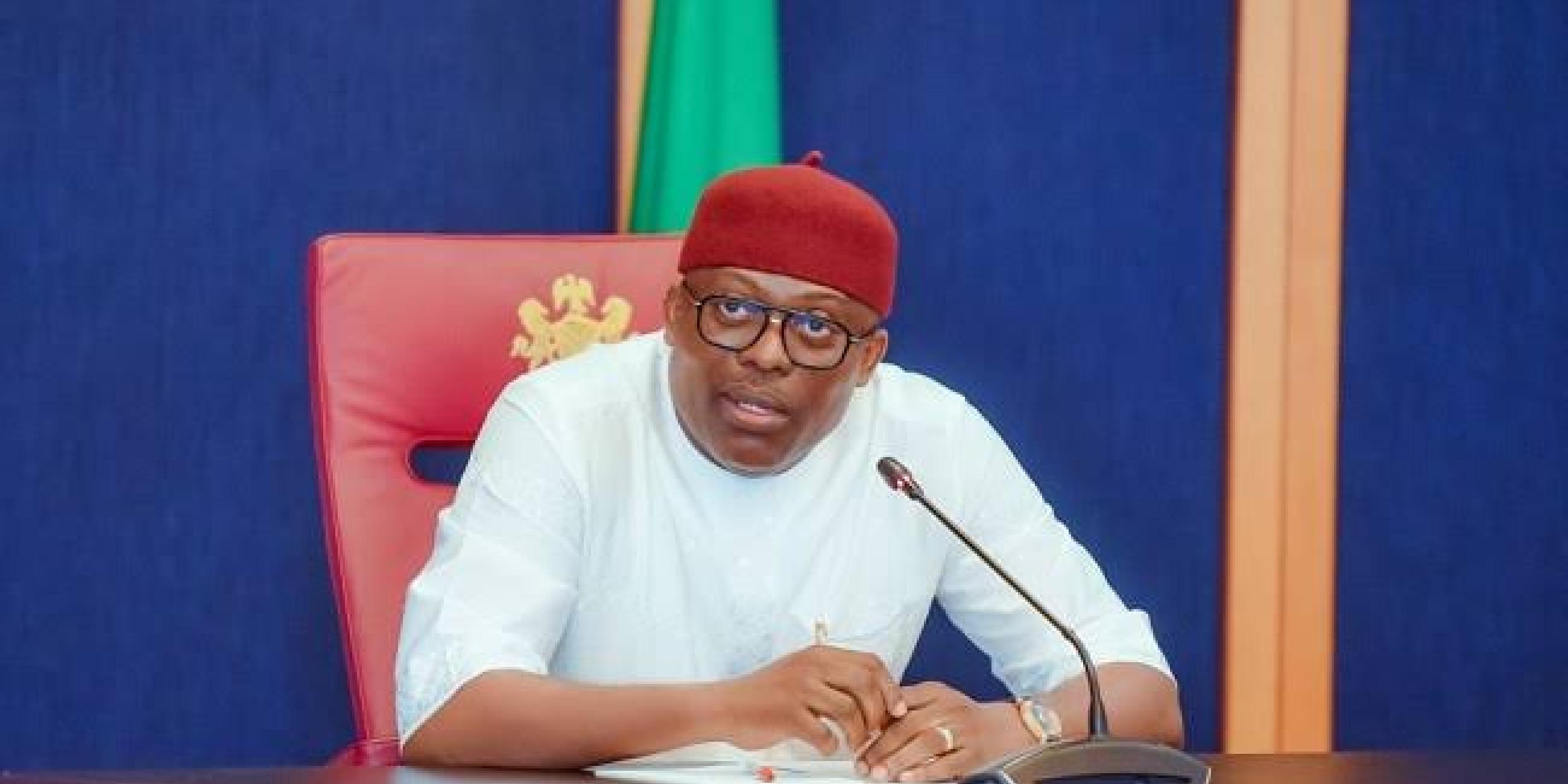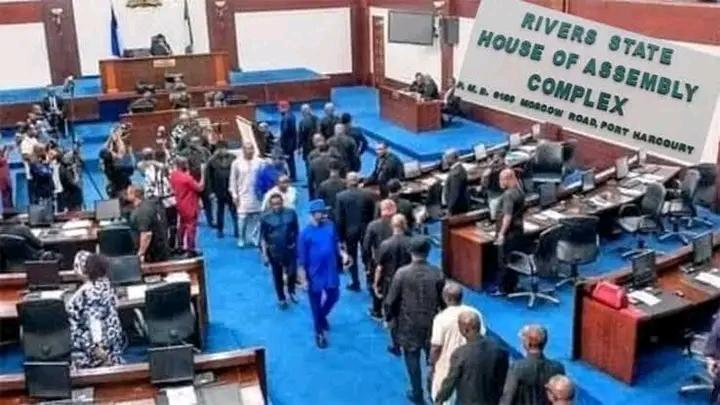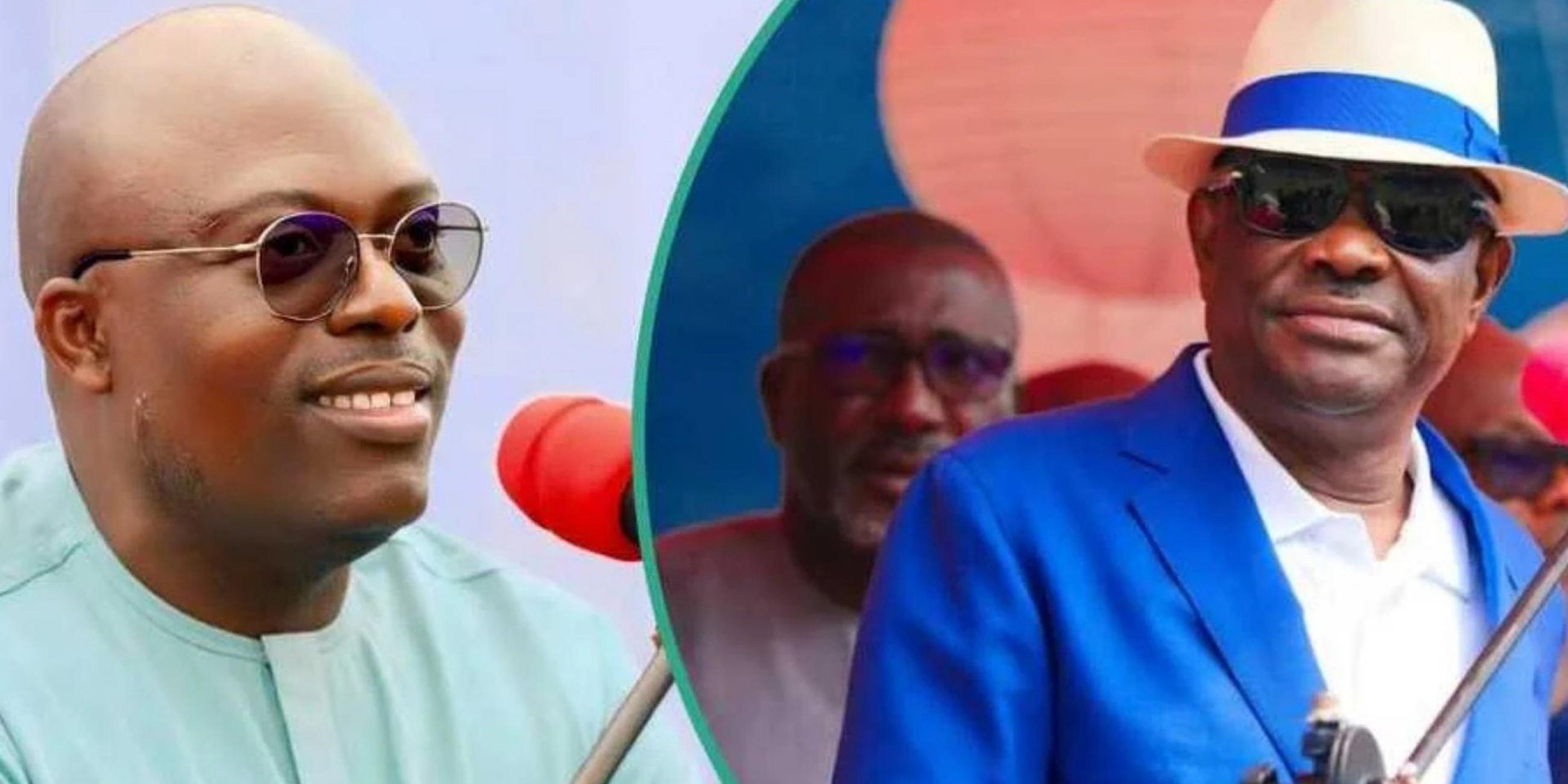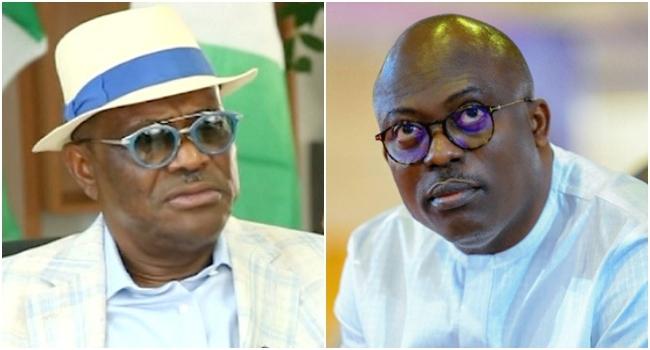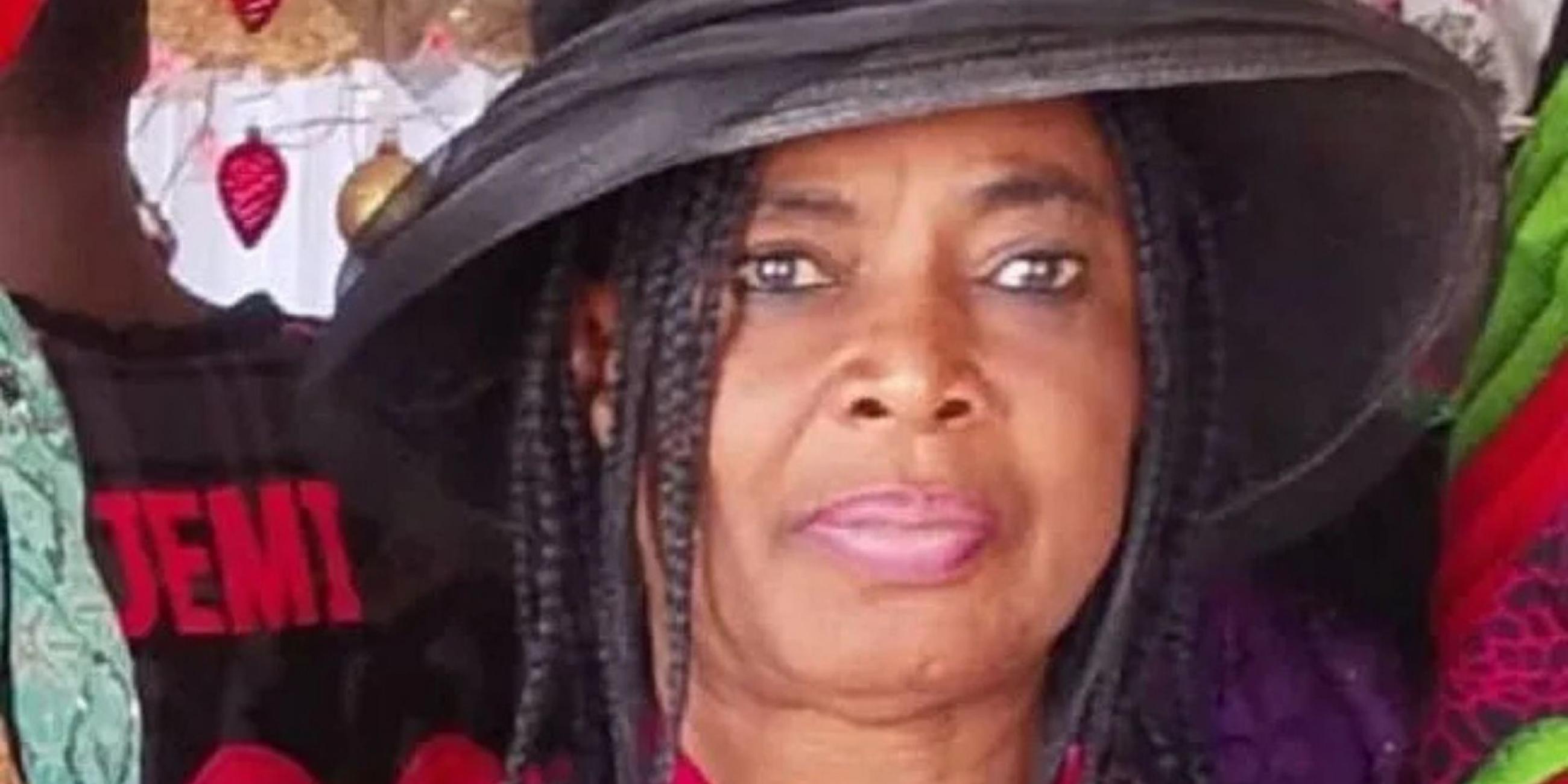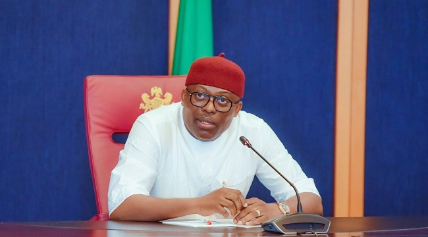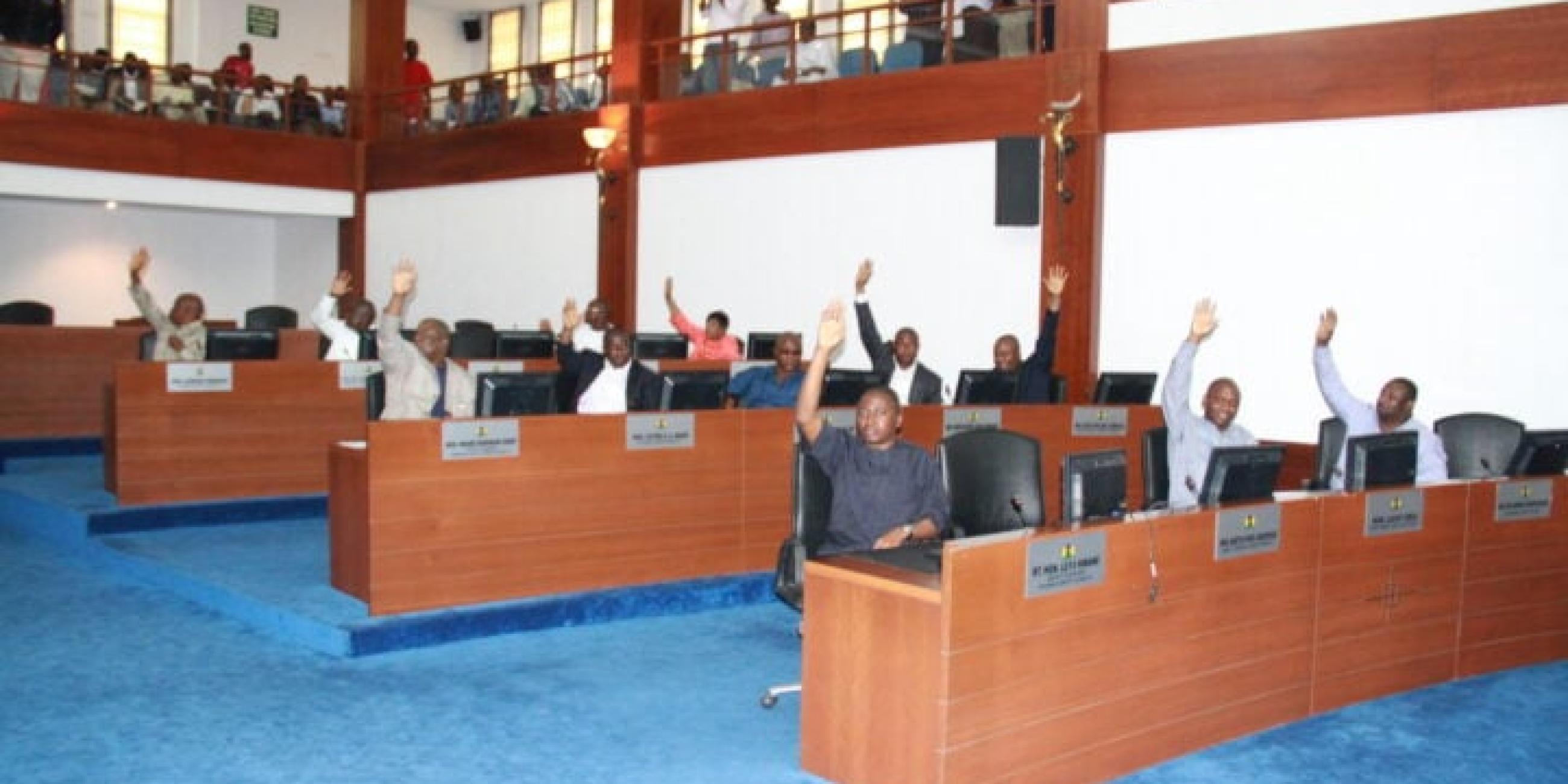Wahala Don Burst for Abuja Oo! Police Arrest ‘One-Chance’ Gang Over Brutal Killing Of Lawyer Princess Chigbo
Wahala don sup for Abuja oo! The Federal Capital Territory (FCT) Police Command has finally arrested three notorious “one-chance” armed robbery suspects linked to the gruesome killing of legal practitioner Barrister Chigbo Princess Nwamaka Mediatrix, a tragedy that shook the entire nation.
The suspects—described by police as members of a violent criminal syndicate—were picked up in Dei-Dei, Dakwa, and Dan-Tata communities in Kubwa, Abuja, following an intensive manhunt ordered by the FCT Commissioner of Police, CP Miller Dantawaye.
According to a statement released on Sunday, January 11, 2026, by the Police Public Relations Officer, SP Josephine Adeh, the arrests were carried out as part of a renewed crackdown on “one-chance” operations that have returned to terrorise residents of the nation’s capital.
Who Are The Suspects?
Police identified the suspects as:
Saifullahi Yusuf (22) – from Kaduna State
Ishau Yusuf (24) – also from Kaduna State and biological brother to Saifullahi
Minka’ilu Jibril (a.k.a Dan-Hajia) – also from Kaduna State
Investigations revealed that the trio are members of a well-known “one-chance” robbery network that has reportedly operated in the FCT for years, especially during festive periods when unsuspecting commuters are most vulnerable.
How The Lawyer Was Killed
SP Adeh explained that the tragic incident occurred on January 5, 2026, at about 5:50 p.m., when Barrister Chigbo boarded a black Volkswagen Golf 3 along the Kubwa Expressway, believing it to be a normal commercial vehicle.
“Upon entry into the vehicle, the suspects wound up the tinted windows and threatened the victim with weapons in an attempt to force her to pay ransom for her own release,” the police said.
When the lawyer allegedly resisted, she was physically assaulted and pushed out of the moving vehicle, leading to her death.
Na so life just end like that oo.
The suspects also reportedly stole her Android phone and later sold it in Dei-Dei for ₦120,000. According to police:
Minka’ilu Jibril received ₦30,000,
Saifullahi Yusuf got ₦15,000,
While Ishau Yusuf shared the balance with another accomplice who is still on the run.
Dangerous Weapons Recovered
During the arrests, police recovered several weapons allegedly used by the gang, including:
Five pairs of scissors
Two sharp dagger knives
Two other knives
A long chain used to restrain victims
A plier
Police said investigations are ongoing and efforts are being intensified to arrest the remaining suspect and dismantle other criminal networks linked to the syndicate.
NBA Reacts: “Abuja Is No Longer Safe”
The killing of Princess Chigbo sparked outrage across the country, with the Nigerian Bar Association (NBA) raising alarm over what it described as the dangerous return of “one-chance” crimes in Abuja.
In a statement signed by its President, Mazi Afam Osigwe, SAN, the NBA lamented that the capital city had once again been plunged into fear and mourning.
According to the association, Princess Chigbo was not the only victim. Another professional, Ms. Chinemerem Pascalina Chuwumeziem, a nurse, was also killed in a similar “one-chance” attack.
“What appears to be the disturbing return of ‘one-chance’ criminal operations in the Federal Capital Territory has once again plunged Abuja into grief,” the NBA said.
Family’s Painful Account
The late lawyer’s family revealed heartbreaking details of her final moments. Before her abduction, Princess Chigbo was reportedly on a phone call with her sister, Anthonia, when she suddenly cried out in distress and the call cut off.
The family later received a ransom demand of ₦3 million, but before any arrangement could be concluded, subsequent calls captured her screaming in pain.
On January 6, the family was informed that a badly injured woman had been taken to a specialist hospital. When her sister arrived, she found Princess Chigbo’s lifeless body in the mortuary, bearing signs of severe torture, including swollen eyes, bruises, and a cracked skull.
Police Issue Warning To Residents
Commending his officers, CP Miller Dantawaye reassured residents that the FCT Police Command remains committed to flushing out criminal elements from Abuja.
SP Adeh urged members of the public to:
Avoid boarding unregistered or suspicious vehicles
Remain vigilant at all times
Report suspicious activity using police emergency numbers: 08032003913, 07057337653
Wahala don really burst for Abuja oo!
From lawyer to nurse, innocent lives are being cut short by “one-chance” criminals. Nigerians are now asking: how many more must die before this menace finally ends?
Wahala Don Burst for Abuja Oo! Police Arrest ‘One-Chance’ Gang Over Brutal Killing Of Lawyer Princess Chigbo
Wahala don sup for Abuja oo! The Federal Capital Territory (FCT) Police Command has finally arrested three notorious “one-chance” armed robbery suspects linked to the gruesome killing of legal practitioner Barrister Chigbo Princess Nwamaka Mediatrix, a tragedy that shook the entire nation.
The suspects—described by police as members of a violent criminal syndicate—were picked up in Dei-Dei, Dakwa, and Dan-Tata communities in Kubwa, Abuja, following an intensive manhunt ordered by the FCT Commissioner of Police, CP Miller Dantawaye.
According to a statement released on Sunday, January 11, 2026, by the Police Public Relations Officer, SP Josephine Adeh, the arrests were carried out as part of a renewed crackdown on “one-chance” operations that have returned to terrorise residents of the nation’s capital.
Who Are The Suspects?
Police identified the suspects as:
Saifullahi Yusuf (22) – from Kaduna State
Ishau Yusuf (24) – also from Kaduna State and biological brother to Saifullahi
Minka’ilu Jibril (a.k.a Dan-Hajia) – also from Kaduna State
Investigations revealed that the trio are members of a well-known “one-chance” robbery network that has reportedly operated in the FCT for years, especially during festive periods when unsuspecting commuters are most vulnerable.
How The Lawyer Was Killed
SP Adeh explained that the tragic incident occurred on January 5, 2026, at about 5:50 p.m., when Barrister Chigbo boarded a black Volkswagen Golf 3 along the Kubwa Expressway, believing it to be a normal commercial vehicle.
“Upon entry into the vehicle, the suspects wound up the tinted windows and threatened the victim with weapons in an attempt to force her to pay ransom for her own release,” the police said.
When the lawyer allegedly resisted, she was physically assaulted and pushed out of the moving vehicle, leading to her death.
Na so life just end like that oo.
The suspects also reportedly stole her Android phone and later sold it in Dei-Dei for ₦120,000. According to police:
Minka’ilu Jibril received ₦30,000,
Saifullahi Yusuf got ₦15,000,
While Ishau Yusuf shared the balance with another accomplice who is still on the run.
Dangerous Weapons Recovered
During the arrests, police recovered several weapons allegedly used by the gang, including:
Five pairs of scissors
Two sharp dagger knives
Two other knives
A long chain used to restrain victims
A plier
Police said investigations are ongoing and efforts are being intensified to arrest the remaining suspect and dismantle other criminal networks linked to the syndicate.
NBA Reacts: “Abuja Is No Longer Safe”
The killing of Princess Chigbo sparked outrage across the country, with the Nigerian Bar Association (NBA) raising alarm over what it described as the dangerous return of “one-chance” crimes in Abuja.
In a statement signed by its President, Mazi Afam Osigwe, SAN, the NBA lamented that the capital city had once again been plunged into fear and mourning.
According to the association, Princess Chigbo was not the only victim. Another professional, Ms. Chinemerem Pascalina Chuwumeziem, a nurse, was also killed in a similar “one-chance” attack.
“What appears to be the disturbing return of ‘one-chance’ criminal operations in the Federal Capital Territory has once again plunged Abuja into grief,” the NBA said.
Family’s Painful Account
The late lawyer’s family revealed heartbreaking details of her final moments. Before her abduction, Princess Chigbo was reportedly on a phone call with her sister, Anthonia, when she suddenly cried out in distress and the call cut off.
The family later received a ransom demand of ₦3 million, but before any arrangement could be concluded, subsequent calls captured her screaming in pain.
On January 6, the family was informed that a badly injured woman had been taken to a specialist hospital. When her sister arrived, she found Princess Chigbo’s lifeless body in the mortuary, bearing signs of severe torture, including swollen eyes, bruises, and a cracked skull.
Police Issue Warning To Residents
Commending his officers, CP Miller Dantawaye reassured residents that the FCT Police Command remains committed to flushing out criminal elements from Abuja.
SP Adeh urged members of the public to:
Avoid boarding unregistered or suspicious vehicles
Remain vigilant at all times
Report suspicious activity using police emergency numbers: 08032003913, 07057337653
Wahala don really burst for Abuja oo!
From lawyer to nurse, innocent lives are being cut short by “one-chance” criminals. Nigerians are now asking: how many more must die before this menace finally ends?









